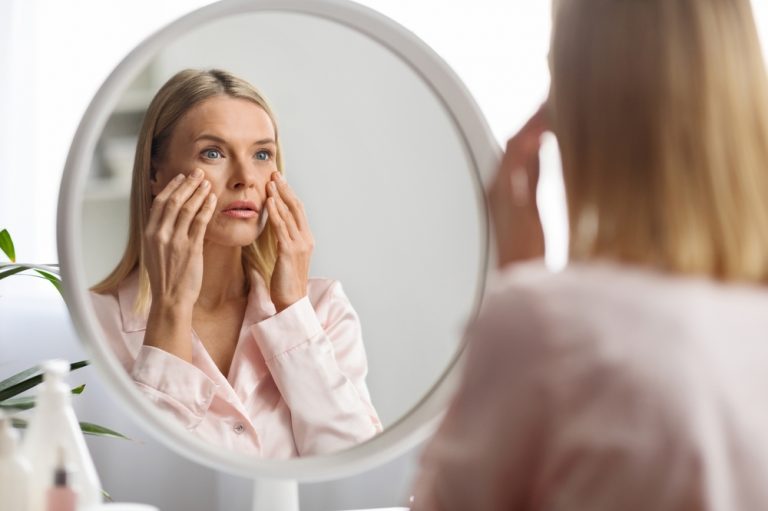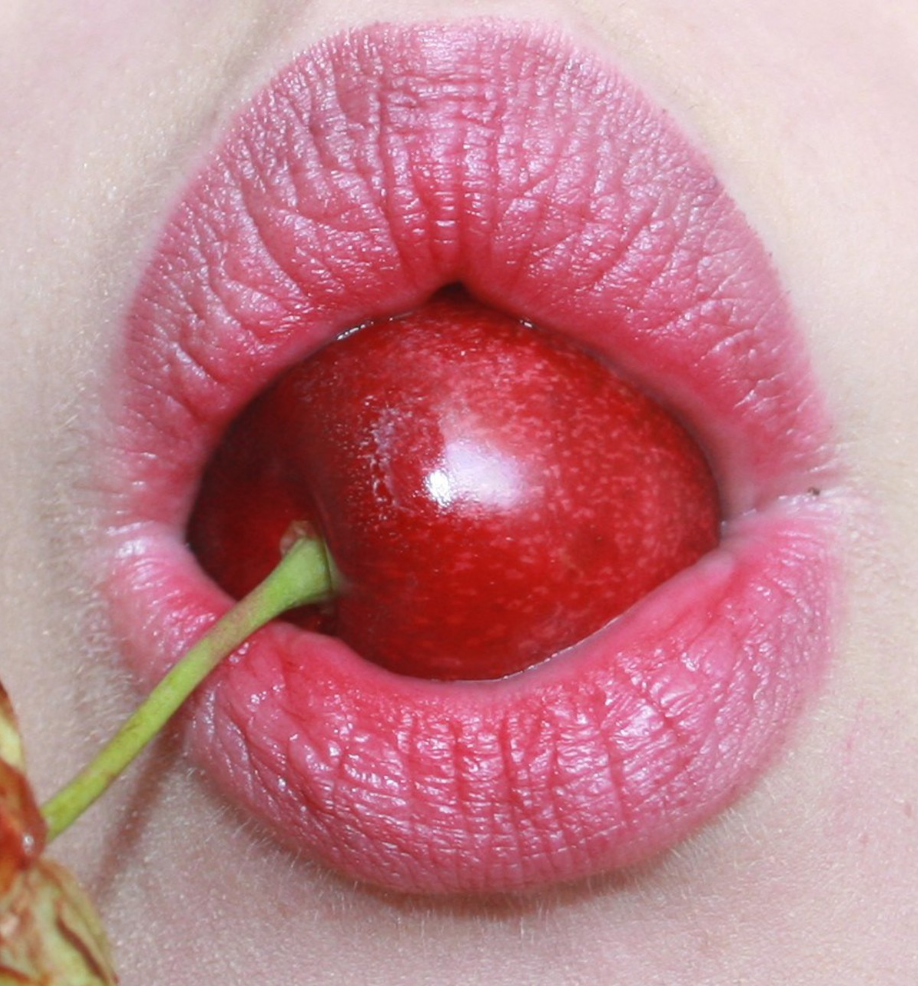People often think they know what they look like, but recent studies suggest that most people have a distorted perception of their own faces. According to Nicholas Epley, a professor of behavioral science at the University of Chicago Booth School of Business, the image you have of yourself in your mind is usually not accurate. This phenomenon was highlighted in a study where participants were shown altered images of their faces, both more and less attractive than their real appearances. Interestingly, most participants quickly identified with the more attractive versions, revealing a common tendency to see oneself in a more flattering light.
This study, published in Sage Journals, demonstrated that people’s self-recognition is often skewed towards an idealized version. Participants were more likely to recognize and feel connected to a version of themselves that had been enhanced by about 20% in attractiveness. This bias wasn’t just limited to how they viewed their own faces; it extended to recognizing friends’ faces as more attractive too, but not strangers’. This suggests that people have an unconscious enhancement bias that affects their perception.
Epley explains that while everyone is familiar with their own face, they aren’t perfect at recognizing it due to this subconscious bias. The discrepancy between how one perceives oneself and how others see them can lead to confusion, especially when looking at different images or mirrors, which can provide varied reflections due to lighting, angles, and camera lenses.
This phenomenon has led to widespread discussions online, with many people expressing frustration over feeling like they don’t truly know what they look like. Some have noted feeling disconnected or even surprised by their reflection or photos, suggesting a broader psychological impact of this distorted self-image.
In conclusion, while we might think we are experts on our own appearance, this study suggests that our brains are wired to see a more idealized version, which can significantly differ from reality.




